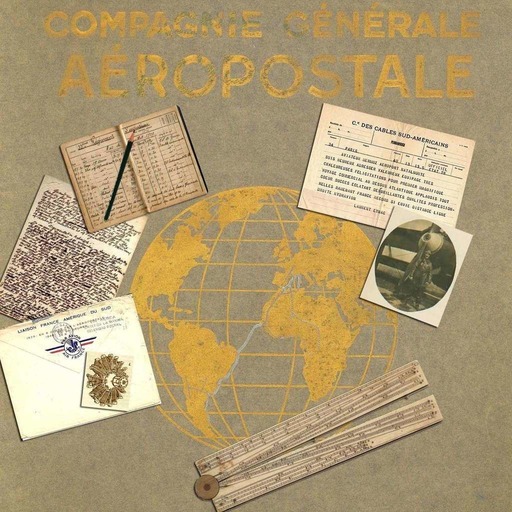Melvyn Bragg and guests discuss the planet Venus which is both the morning star and the evening star, rotates backwards at walking speed and has a day which is longer than its year. It has long been called Earth’s twin, yet the differences are more striking than the similarities. Once imagined covered with steaming jungles and oceans, we now know the surface of Venus is 450 degrees celsius, and the pressure there is 90 times greater than on Earth, enough to crush an astronaut. The more we learn of it, though, the more we learn of our own planet, such as whether Earth could become more like Venus in some ways, over time.
With
Carolin Crawford Public Astronomer at the Institute of Astronomy and Fellow of Emmanuel College, University of Cambridge
Colin Wilson Senior Research Fellow in Planetary Science at the University of Oxford
And
Andrew Coates Professor of Physics at Mullard Space Science Laboratory, University College London
Produced by: Simon Tillotson and Julia Johnson


 Emissions
Emissions





